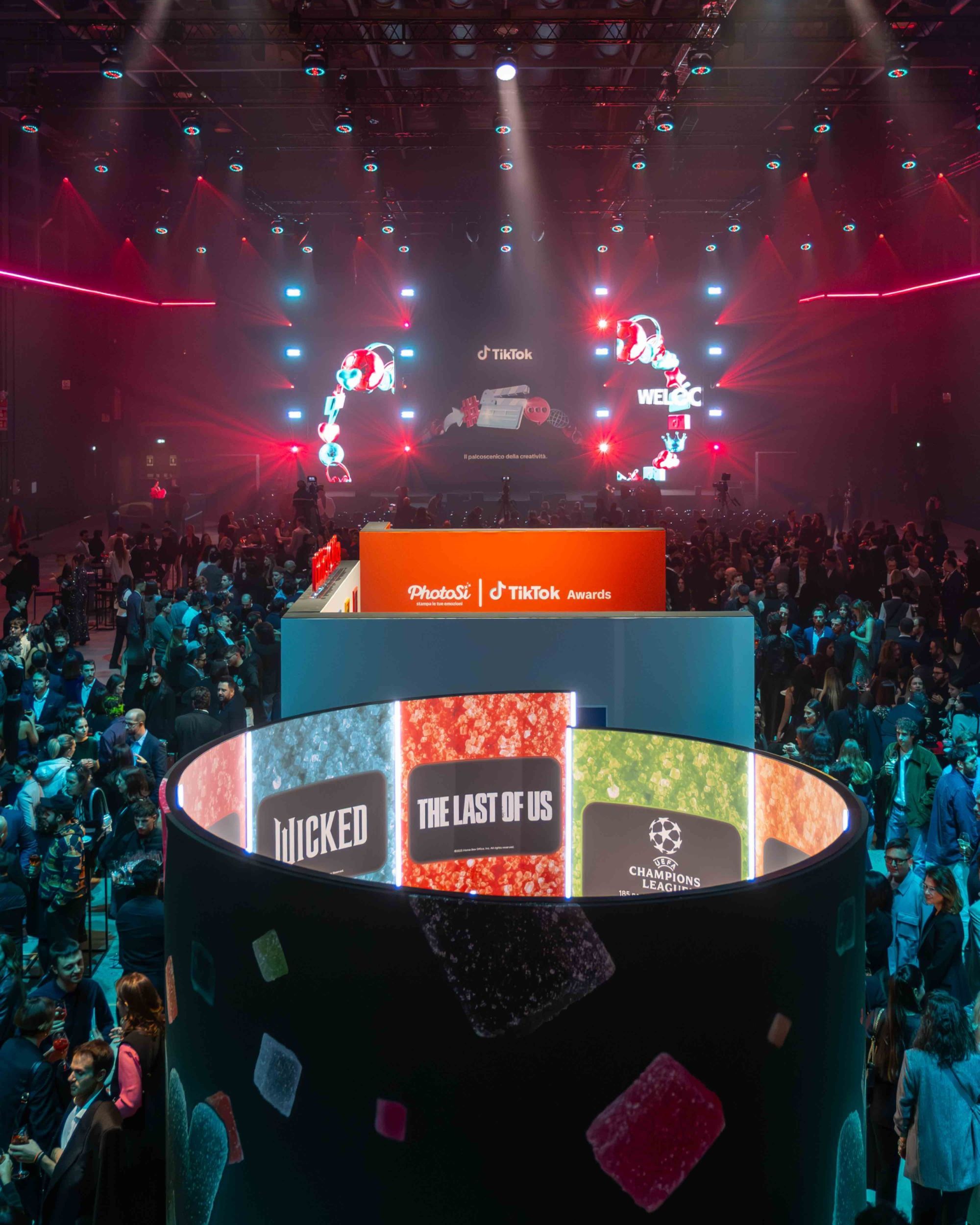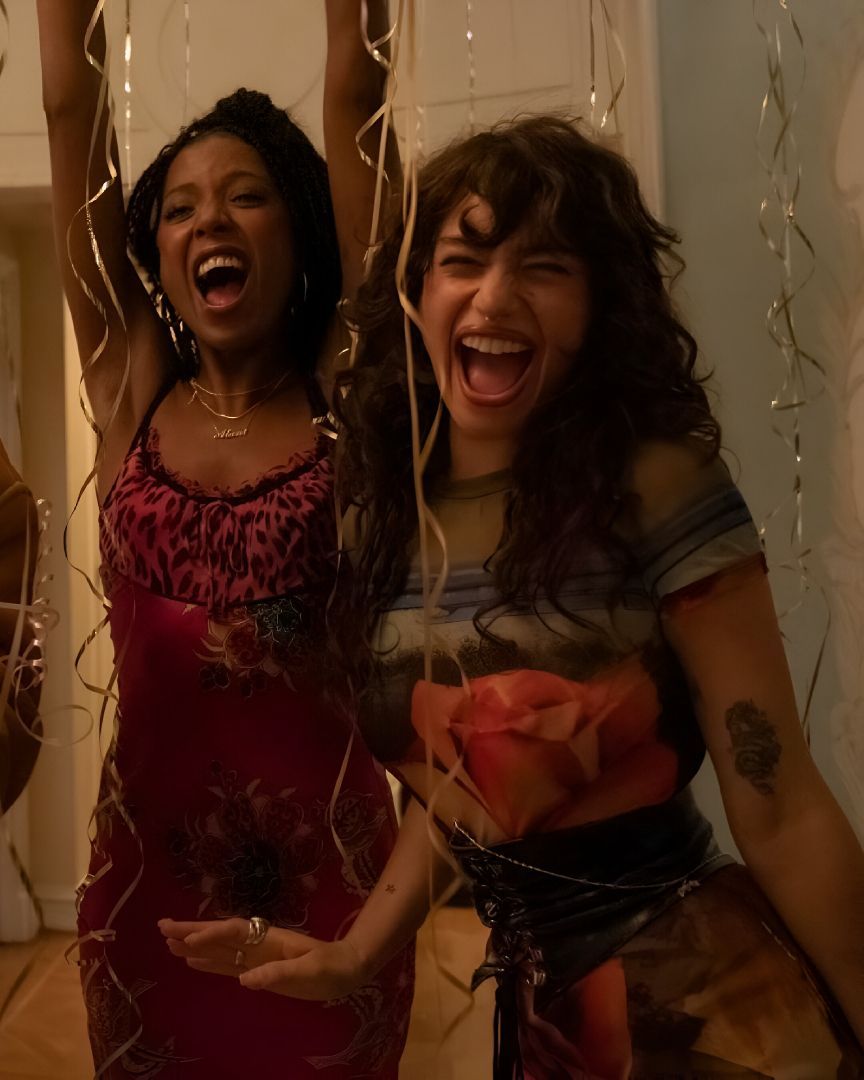
How TikTok turned thrifting into a business model More and more creators are moving to the next step, selling
If you too spend whole hours browsing through the "For You" section of TikTok, you will have come across videos of American teenagers engaged in a thrifting session. Goodwill and Plato's Closet are just two of the names that U.S. Gen Z has elected as saviors of sustainable fashion, places of worship in which to spend at least one day a week looking for the piece that can give meaning to the expedition. If in some cases thrifting can become an obsession, in others it becomes a form of business able to leave the digital world of TikTok and land in the real one, in the Lower East Side of New York. This is the case of Rogue, vintage store opened by the influencer Emma Rogue and born from the homonymous account opened four years ago on Depop. «We bring together New York youth interested in exploring their own style and who want to shop in the right place,» said Emma Rogue to BoF in what could be summarized as the declaration of intent of a new business model capable of transforming TikTok influencers into small entrepreneurs.
If, as mentioned above, one of the strengths of the app is spontaneity, the almost direct contact with its audience, the example of Rogue, as well as Matt Choom with Bowery Showroom, tells of the ability to transform its audience into its customers. If with Grailed or Vestiaire Collective we buy from anonymous sellers scattered in the corners of the world, with business models like Rogue we have the feeling of buying from someone we already know and, in some cases, admire. In addition to feeling reassured by the idea of giving our money to a person we trust, in cases like this, the desire to emulate comes into play, to follow the example of someone we admire and with whom we think we have a bond of some kind. Also for this reason in these cases the term to use is "curated by", that is the idea of a selection of items chosen by a figure that in our opinion may have a taste similar to ours.
It is no coincidence then if inside Rogue and Funny Pretty Nice, the store opened by Natalia Spotts, there are not only vintage pieces, but also independent brands if not even those of their owners, making the stores unique, different from the multitude of vintage that populate the United States. Differentiation strategy, but especially aggression towards Gen Z, the number one suspect in the identikit of the model buyer. Limited purchasing power, but above all a lower age than their Millennial colleagues and for this reason can lead to fascination with revivals, such as Y2K, which for some sound only as a soup of reheated brands and looks aged badly.














































